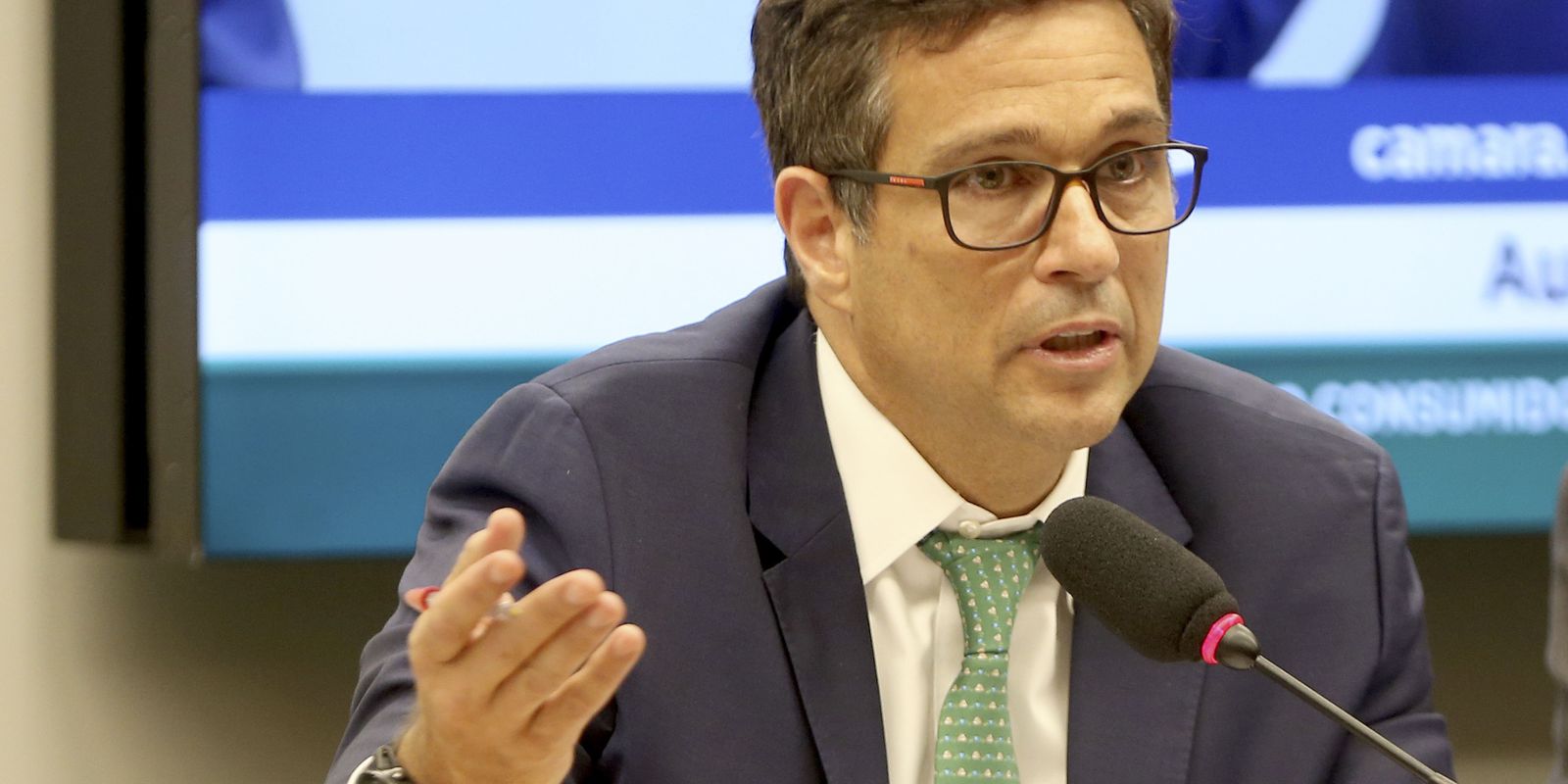Inflation would have ended 2022 at 9% if it weren’t for the tax cuts on fuel and electricity, said today (19) the president of the Central Bank (BC), Roberto Campos Neto. In a seminar promoted by an American university, he defended the body’s autonomy, condemned the terrorist acts of the last day 8 and announced the interest of other countries in adopting the Pix.
According to Campos Neto, part of the disinflation observed in the second half was due to tax cuts on fuel and electricity. “Inflation [oficial pelo IPCA] it would be at 9%, and not at 5.8%, if it weren’t for this tax cut”, he said.
Regarding the Selic rate (basic interest rate of the economy), which is at 13.75% per year, Campos Neto acknowledged that interest rates are high, but said that a cut in the short term would not help the country to attract investments. “We understand that our interest rate is high, but we do not manage the future curve, only the Selic target. It would not help at all to cut short-term interest rates because investments use long-term rates,” he explained.
Autonomy
Regarding the autonomy of the Central Bank, Campos Neto responded to the criticisms made yesterday (18) by President Luiz Inácio Lula da Silva. In an interview with a TV station, Lula classified the BC’s autonomy as “nonsense” and asked why the independence of the body had little curbed inflation.
Campos Neto stated that, in some interviews, information is taken out of context and said that the statements should be seen in a broader perspective, of the need for independence to exist under the law. “If you look at the interview, on the one hand, he is proud of [Henrique] Meirelles [ex-presidente do BC] have had independence. On the other hand, what I think he meant was ‘I don’t think we need to have independence in the law, you can have independence without the law and make things work,’” he said.
Even so, the president of the BC, who has a mandate until the end of 2024, defended the formal autonomy of the body. “When you think about what is happening in Brazil and how difficult the election process was in Brazil, I think the market would be much more volatile if the Central Bank did not have the autonomy in law. It would be another element of uncertainty,” he declared.
During the afternoon, the Minister of Institutional Relations, Alexandre Padilha, denied the government’s intention to change the BC’s status. In a post on social networks, he wrote that “the president [Lula] it will not change its stance now, even more so with a law that establishes rules in this regard”.
terrorist acts
The president of BC condemned the invasion of buildings belonging to the Three Powers that took place on the 8th and acknowledged that the anti-democratic acts impact Brazil’s credibility abroad. According to him, the country’s image in the foreign market is essential to attract investment and maintain the pace of economic growth.
“Brazil has been going through difficult times lately. We saw what happened on the 8th. We strongly condemn it, it is unacceptable. I hope we are able to investigate and punish the people responsible for this. I think it’s damaging the country’s credibility and we need credibility now to get back to growing at a sustainable pace,” he said.
pix
The BC president also said that the body will open the protocol for the creation of Pix to central banks that are interested. This would open up the possibility that the instant transfer system could be applied in other countries. Campos Neto said he had discussed the matter with Canada, Colombia, Ecuador, the United States, Peru and Uruguay.














